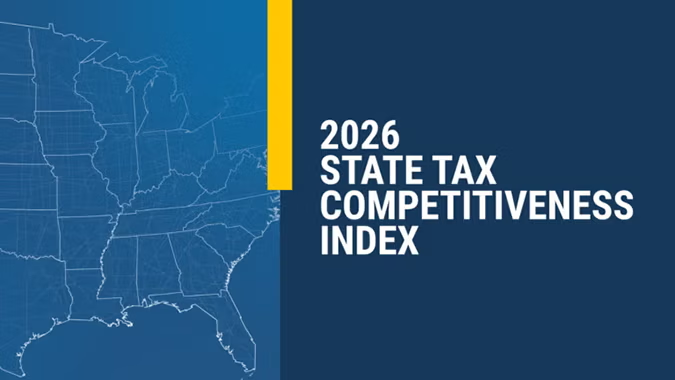Inflation fears, supply chain woes and a lack of skilled job candidates continue to dampen business executives’ views on the U.S. economy, according to the first-quarter AICPA Economic Outlook Survey.
The survey, conducted by the Association of International Certified Professional Accountants, surverys chief executive officers, chief financial officers, controllers and other certified public accountants in U.S. companies who hold executive and senior management accounting roles.
Only 36% of business executives expressed optimism in the U.S. economy over the next 12 months, down from 41% last quarter. The outlook for the global economy also fell, with 30% of business executives expressing optimism, down three percentage points over the same term. Notably, the survey closed on Feb. 23, the day before Russia’s invasion of Ukraine and the resulting imposition of economic sanctions.
Inflation was the top concern for survey respondents for the second straight quarter, with 42% saying labor costs represented the most significant risk in this area and 31% citing raw material costs. Anticipated salary and benefit costs for the next 12 months ticked up slightly to 4.4%. For reference, the projected rate a year ago was 1.9%.
“Our survey shows significant concerns about inflation and lingering supply chain issues from the pandemic,” said Ash Noah, CPA, CGMA, vice president and managing director of CGMA learning, education and development for the Association of International Certified Professional Accountants, representing the AICPA and CIMA.
“With Russia’s invasion of Ukraine and the resulting economic and political turmoil, we expect additional stresses throughout the global economy. We don’t know yet the full impact on energy and commodity prices and general trade, but the levels of risk and uncertainty have increased for finance managers.”
Availability of skilled personnel remains the second biggest challenge for U.S. companies beyond inflationary pressures. On hiring, 45% of business executives said their organizations were looking to fill roles immediately, while another 12% said they had too few employees but are hesitant to hire.




